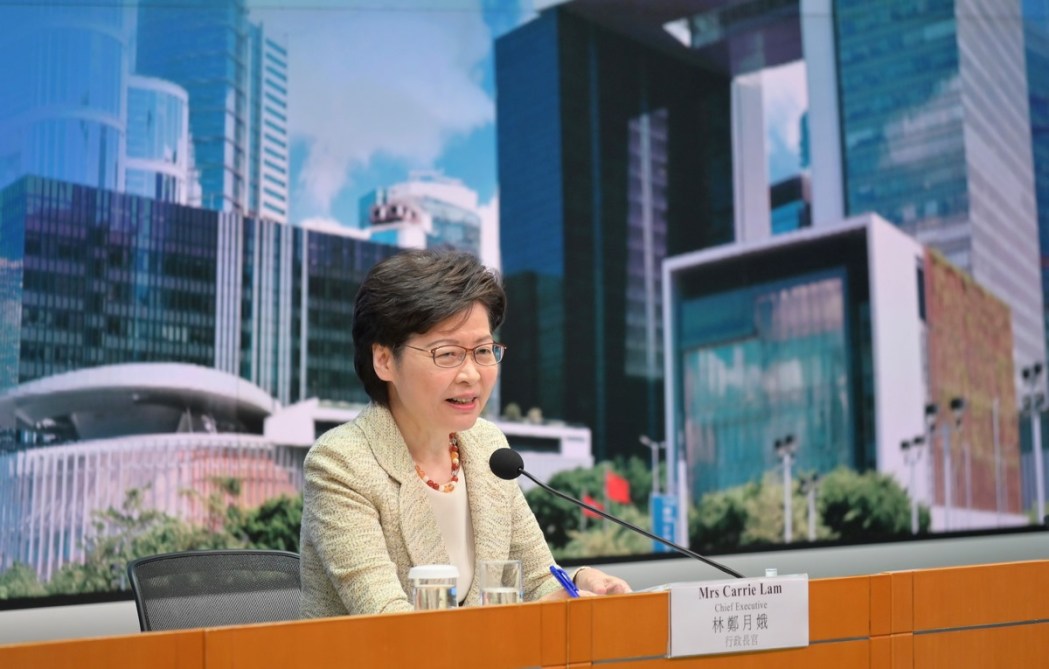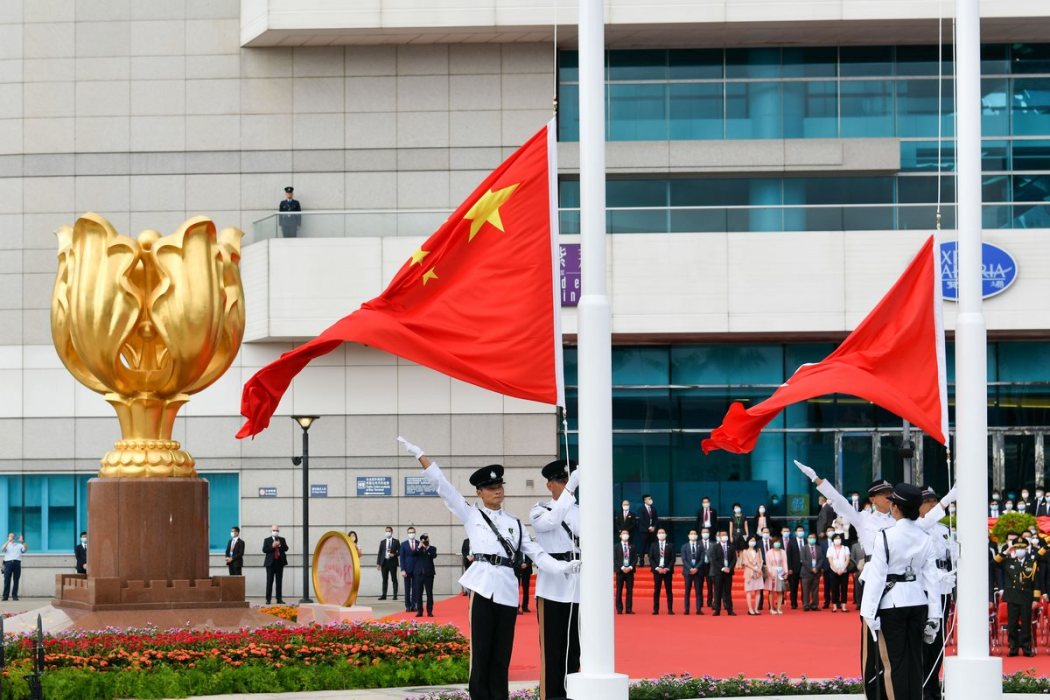Several – as yet unidentified – principal Hong Kong officials will sit on a new vetting committee which will assess the eligibility of election hopefuls as part of a controversial overhaul of the city’s electoral system imposed by Beijing on Tuesday.
Just hours after China’s top legislative body unanimously approved major changes to Hong Kong’s election rules, Chief Executive Carrie Lam revealed the new candidate eligibility review committee will consist of a small group of top government officials, but did not elaborate on their identity.

The Democratic Party said it was “very strange” for the administrative branch to be given the power to decide who can and cannot stand in a legislative election. However, the Hong Kong leader dismissed concerns over favouritism and conflict of interests, saying the committee will not “arbitrarily” decide that a candidate does not fulfil the requirements of swearing allegiance to the HKSAR and upholding the Basic Law.
“These sort of worries are exaggerated,” she said.
The eligibility screening committee will evaluate the qualifications of candidates for members of the Election Committee, as well as people who wish to stand in elections for the position of the chief executive and for seats in the Legislative Council.
Their assessment will be based on findings from the police national security unit and recommendations from the higher Committee for Safeguarding National Security – currently chaired by Lam and comprised of nine local senior officials.

Lam cited Article 17 of the national security law, which stipulates that the police have the duty to “conduct counter-interference investigation and national security review.” She said the screening work could not be conducted by an “ordinary department.”
“[Police national security unit] has the manpower and resources to do this work… it is also not something principal officials know how to do. Leaving the work to police is acting in accordance with the law,” she said.
Other electoral amendments included reducing the number of legislature seats directly elected by the public and removing district councillors from the Election Committee. The 1,500 members of the restructured committee will have new powers to nominate legislative candidates and elect 40 of them into the legislature.
Citing social unrest in Hong Kong over the past few years, including the 2014 Occupy Central Movement and the 2019 anti-extradition bill protests, Lam again backed the impending changes as necessary to ensure the city’s electoral system is in line with the policy of One Country, Two Systems.

“It will not return candidates who become politicians or who become part of the governing team that will endanger national security,” she said.
Lam also unveiled a timeline for local legislative work after Beijing amended Annex I and II of the Basic Law for the overhaul. She said her administration submit an “omnibus bill” to the LegCo for changing existing electoral laws in mid-April, which is expected to be passed by the end of May.
Hong Kong will hold three elections in the coming year, Lam said. The government plans to launch voter registration in June and organise an election for the Election Committee in September. The 2021 LegCo election, on the other hand, was postponed for the second time to mid-December. The election of the chief executive is set to take place in March next year.
Support HKFP | Policies & Ethics | Error/typo? | Contact Us | Newsletter | Transparency & Annual Report | Apps
Help safeguard press freedom & keep HKFP free for all readers by supporting our team
























